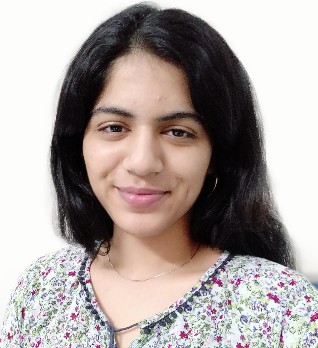IRIS-HEP Fellow: Garima Singh

Fellowship dates: Jan – May, 2021
Home Institution: Manipal Institute of Technology
Project: Floating Point Error Evaluation With Clad
Floating-point estimation errors have been a testament to the finite nature of computing. Moreover, the predominance of Floating-point numbers in real-valued computation does not help that fact. Float computations are highly dependent on precision, and in most cases, very high precision calculation is not only not possible but very inefficient. Here, one has no choice but to resort to lower precision computing, which in turn is quite prone to errors. These errors result in inaccurate and sometimes catastrophic results; hence, it is imperative to estimate these errors accurately. This project aims to use Clad, a source transformation AD tool for C++ implemented as a plugin for the C++ compiler Clang, to develop a generic error estimation framework that is not bound to a particular error approximation model. It will allow users to select their preferable estimation logic and automatically generate functions augmented with code for the specified error estimator.
More information: My project proposal
Mentors:
-
Vassil Vassilev (Princeton University)
-
David Lange (Princeton University)
- 21 Jun 2021 - "Floating Point Error Evaluation With Clad", Garima Singh, IRIS-HEP Topical Meetings
- 14 Apr 2022 - "Estimating Floating-Point Errors Using Automatic Differentiation", Garima Singh, SIAM Conference on Uncertainty Quantification (UQ22) Recording: Estimating Floating-Point Errors Using Automatic Differentiation
- 14 Sep 2022 - "Automatic Differentiation in ROOT", Garima Singh, Second MODE Workshop on Differentiable Programming for Experiment Design
- 26 Oct 2022 - "Automatic differentiation of binned likelihoods with RooFit and Clad", Garima Singh, 21st International Workshop on Advanced Computing and Analysis Techniques in Physics Research
Current Status
February 2022 - Research Software Intern for IRIS-HEP and CERN SFT (at CERN in Geneva, Switzerland)
Contact me: